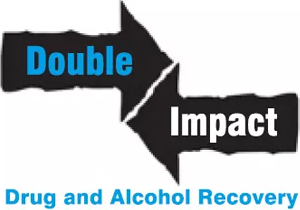
No. All treatment provided by Nottingham Recovery Network is free for all Nottingham City residents.
Alcohol treatment is always provided on a highly confidential basis. A health professional is only allowed to breach confidentiality in very limited situations – such as when there is a significant risk of imminent harm to another person. Confidentiality and consent will always be discussed at each assessment and appointment.
Alcohol is linked to more than 60 health conditions. Left alone, regularly drinking more than is recommended can affect your physical health, mental health and general well-being. It can also lead to serious health and personal problems. Health problems include the risk of physical dependency, memory loss, the risk of liver disease and cancer.
If you want to reduce your alcohol intake you could try…. Making your drinks last longer, switching to lower strength beers and wines; avoiding after work drinks; and avoiding drinking in rounds with large groups of friends.
Everyone is different and, ultimately, the answer to this question depends on a great many variables, but common warning signs include: a reduction energy, stress and depression, a lack of sleep, alcohol related injuries and sexual problems, high blood pressure, reduced social interest and a decline in performance at work. To find out more take our Alcohol Audit.
The World Health Organisation (WHO) defines binge drinking as the consumption of at least 60 grams or more of pure alcohol – the equivalent of six units of alcohol in one sitting, at least once a week. Find out more about the low-risk guidelines.
There are many benefits to reducing your alcohol intake. It can improve your physical health, your mental health; it can improve your relationships with others around you… and can even save you money.




